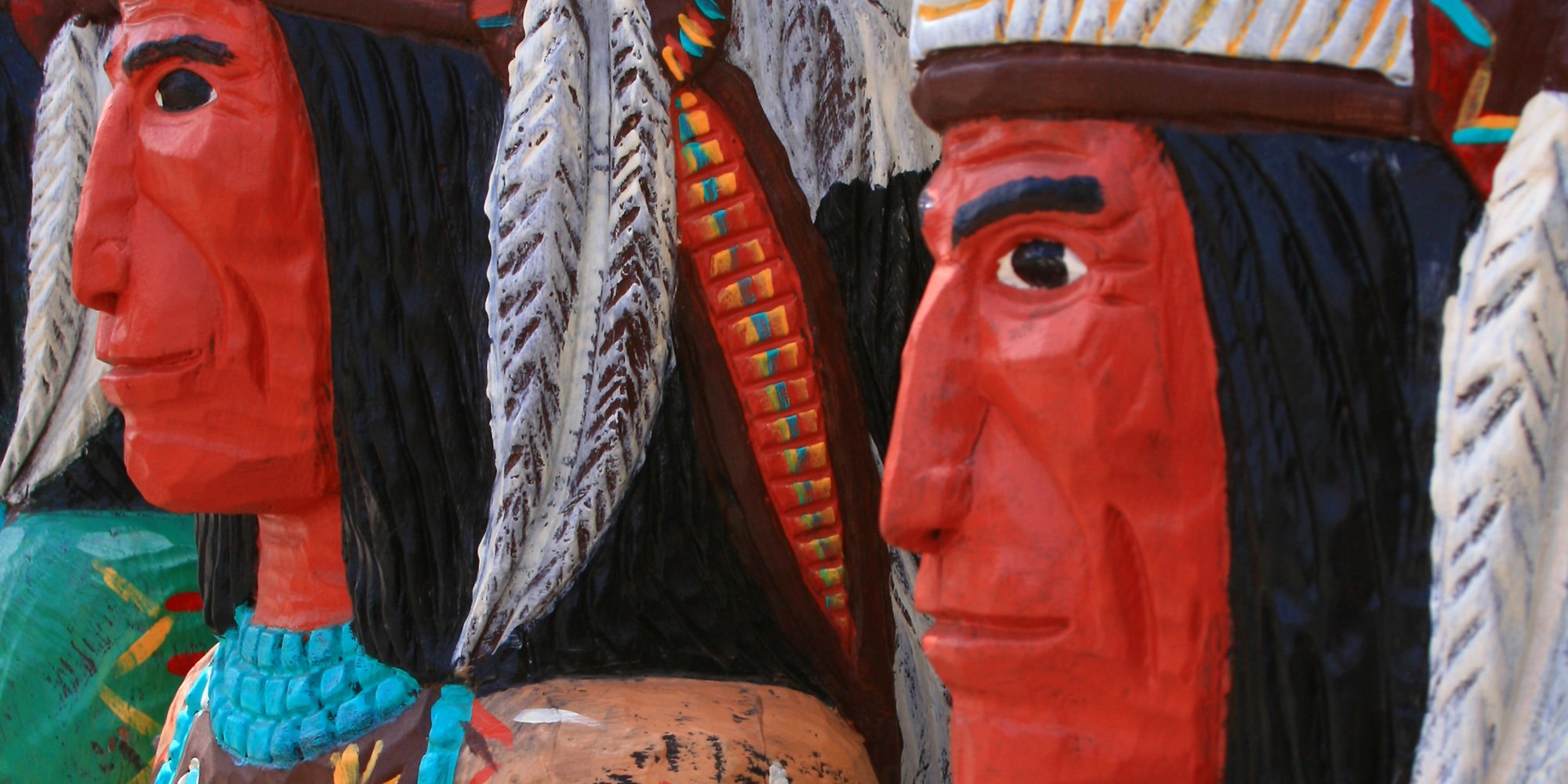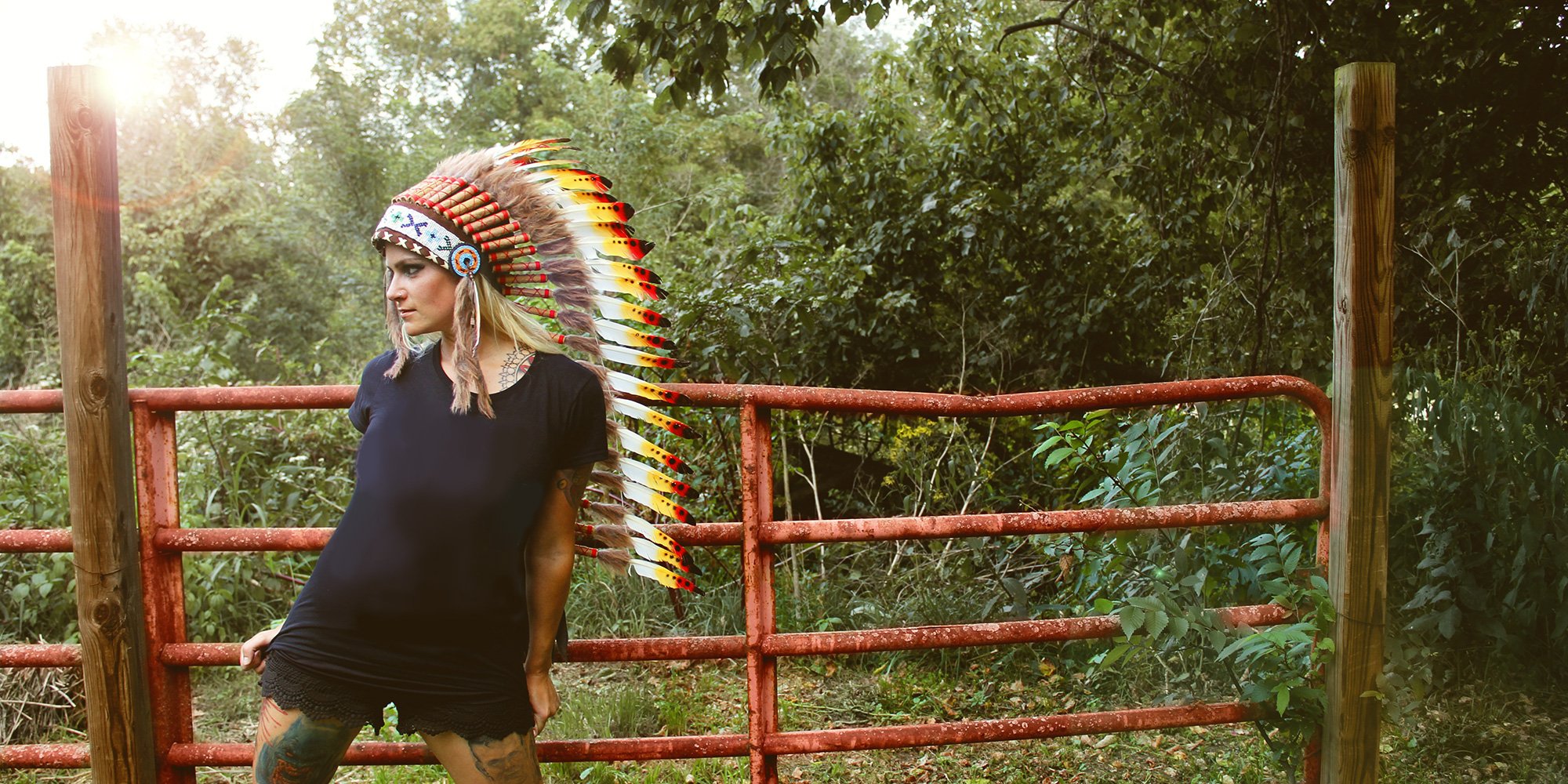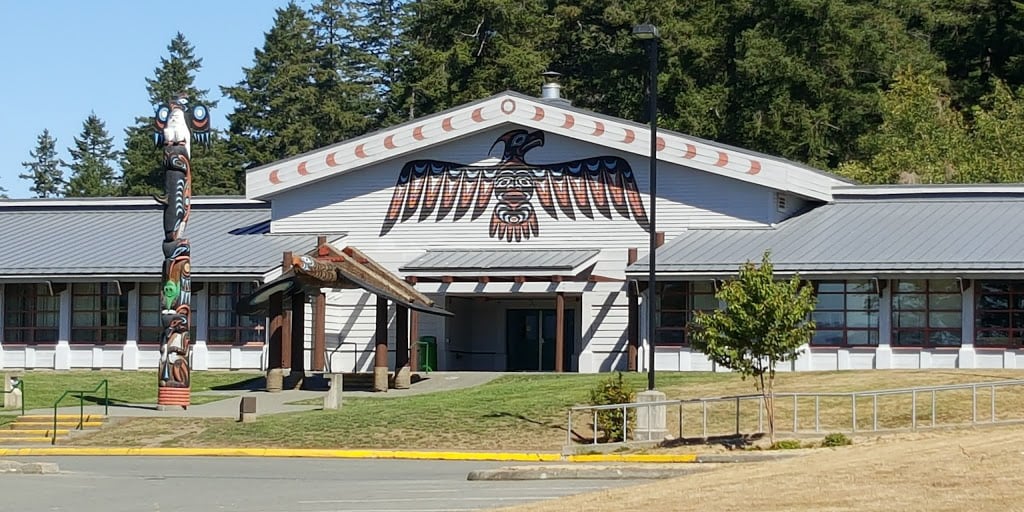Why Cultural Appropriation is Disrespectful
Randomly plucking “popularized” images of a marginalized culture for entertainment or profit without respect for or an understanding of the culture...
5 min read
Bob Joseph September 22, 2015

Have you ever been in the socially awkward situation of being around someone who says something that is inappropriate and culturally offensive? Have you ever done it yourself? Chances are you have been in both situations as there are many phrases and comments peppered throughout our language that may seem innocuous but have connotations you may be unaware of.
In promoting and supporting Indigenous awareness, cultural competency, and mutual respect, it is our goal with this blog to provide a reliable resource for people seeking information. In this article, we have a selection of phrases and questions that should be avoided - whether in the company of Indigenous individuals or not.
There are many, many more culturally offensive phrases and colloquialisms that target other groups but as our focus is Indigenous Peoples in Canada, we have accumulated a list that specifically targets Indigenous people.
Here you go - but beware, some may surprise you:
There is still a widely held perception that the Americas were essentially empty when Columbus arrived in 1492 to “discover” the New World. Here’s an article with a short video clip of mine regarding Christopher Columbus and his “discovery” of America.
This salutation has the potential to trivialize both the hereditary chief who has the power passed down from one generation to the next along bloodlines or other cultural protocols and the elected chief who is chosen by band members. Being called "Chief" can make people feel very uncomfortable, especially if they are not chiefs.
A very good friend helped us with this colloquialism. He tells a story about a meeting he attended in the course of his consulting work with a large organization. The organization had many people from many different departments working on a relationship-building initiative. During the multi-meetings, it became evident that direction was lacking. Our friend then said “We have a problem. It seems to me that we have too many chiefs and not enough Indians.”
He said it was perhaps the most embarrassing moment of his life. The silence that ensued went on forever. If it were not for his existing good relationship with the community he may not have survived the statement. As it was, that moment became a long-running joke around the multi-party table, with the Indigenous representatives taking every opportunity to remind him of the “Indian chief surplus problem”. Needless to say, such expressions no longer have a place in his business vocabulary. [1]
"Circle the wagons" translates to “the savages are coming and we are about to be attacked”. Hollywood movies about settlers in North America moving west to invade and inhabit the traditional territories of First Peoples contributed greatly to the formation of this phrase.
This is a very common phrase in the corporate world. It stems from the settlers and soldiers building forts to resist the stereotypical North American "savage" when they were "on the warpath".
The decision to go to war was not an easy decision or even a first decision. Not all communities would have described it as such. I have never heard an Indigenous person say “Hey, we should go on the warpath”. Seems to come from cheesy westerns and sports fight songs. The modern version of the Washington Redskins’ fight song includes the line "Braves on the warpath!". The original version actually says:
Braves on the warpath !
Fight for old Dixie !
Scalp em, Swamp em,
We will take em big score !
A headline in the Economist as recently as Sept. 19, 2015, read "On the electoral war-path" - media is often a purveyor of stereotyping Indigenous Peoples.
Powwows are social gatherings for ceremonial and celebratory purposes and are conducted under strict protocol. Using this phrase to refer to a quick business meeting denigrates the long, cultural significance of the powwow.
The rain dance is an ancient ceremonial dance for many cultures who perform the dance in the belief it will bring rain and keep their harvest safe. A weather person in BC got herself in quite a bit of trouble for using this one on air - she did, however, handle the situation well.
Totem poles are very sacred items to the people who carve and display them. Figures carved on totem poles represent familial legends, clan lineages or notable events. In some First Nation communities, being low on the totem pole is actually a higher honour than being on the top. [2]
The inference is that all Indians are late. Keep in mind that you may hear this being used by First Nation individuals but don’t let this usage lull you into thinking it’s okay for you to use the term. [3] Please see the Humour article referenced in #4 “Too many chiefs, not enough Indians”.
Again, the inference can be that all Indians are late and that an Indian summer is a late summer. Many people in response have said, “But I use this phrase in the highest respect for a beautiful time of the year.” Remember that it may not be your intention to offend anyone but the phrase has a history and by using this term you may have a negative impact on the people with whom you are trying to work. [4]
This one has slipped off the lips of more than one celebrity. We did some research on its background and how it came to be so ingrained in the vernacular of North Americans.
Implies you are not thinking or functioning properly. “Hey, Bob, you’re going off the reservation on this deal.” Implies going off the reservation makes you stupid or crazy. It probably dates back to the USA experience where they really did try to forcibly keep Native Americans on reservations. In Canada, the term is "reserve" which is why we think this expression must have originated in the USA.
I respectfully disagree - it has lots of culture - Indigenous, English and French culture. Indigenous culture in Canada precedes European contact by thousands of years. If you are looking for a culturally rich environment, just look at BC - over 200 diverse communities, each with their own language, origin stories, oral histories, culture and traditions.
This is generally in response to discussions about residential schools, the apology from Prime Minister Harper and settlements for survivors of residential schools. If you are aware of the horrors of residential schools, and the absolute agony parents suffered when their children were forcibly removed from their homes - some never to be seen again - it is a wonder anyone with a heart could ask that question. The residential school system broke up the family unit and destroyed cultures - the cumulative effects are multi-generational and are evidenced in the education and poverty gap, the high rate of suicide and the high rate of incarceration.
A commitment to change will also call upon Canadians to realize that reconciliation is not a new opportunity to convince aboriginal people to "get over it" and become like "everyone else." That is, after all, what residential schools were all about and look how that went.
Justice Murry Sinclair
Unless this information is being collected for use in adopting or carrying out a special program, plan or arrangement designed to eliminate discrimination against certain groups of individuals under the Canadian Human Rights Act, 2004, Section 16 (3), it is insensitive and intrusive to ask.
Phrases and questions such as those above also maintain stereotypical imagery and cultural insensitivity in that these expressions sweep all Indigenous Peoples into one homogeneous group which denies the reality of cultural diversity.
[1] Working Effectively with Indigenous Peoples®, 4th Edition
[2] ibid
[3] ibid
[4] ibid
Featured photo: Shutterstock

Randomly plucking “popularized” images of a marginalized culture for entertainment or profit without respect for or an understanding of the culture...

ȽÁU, WELṈEW̱ Tribal School This is the first in a two-part series on culturally inclusive schools. Here we look at why some believe it’s...

What is a culturally competent healthcare environment? It is an environment in which Indigenous people feel culturally safe... where they are treated...